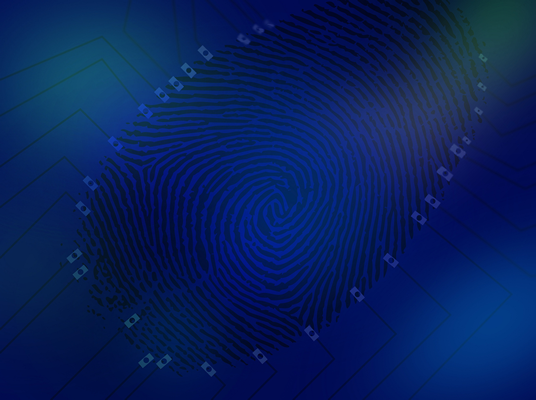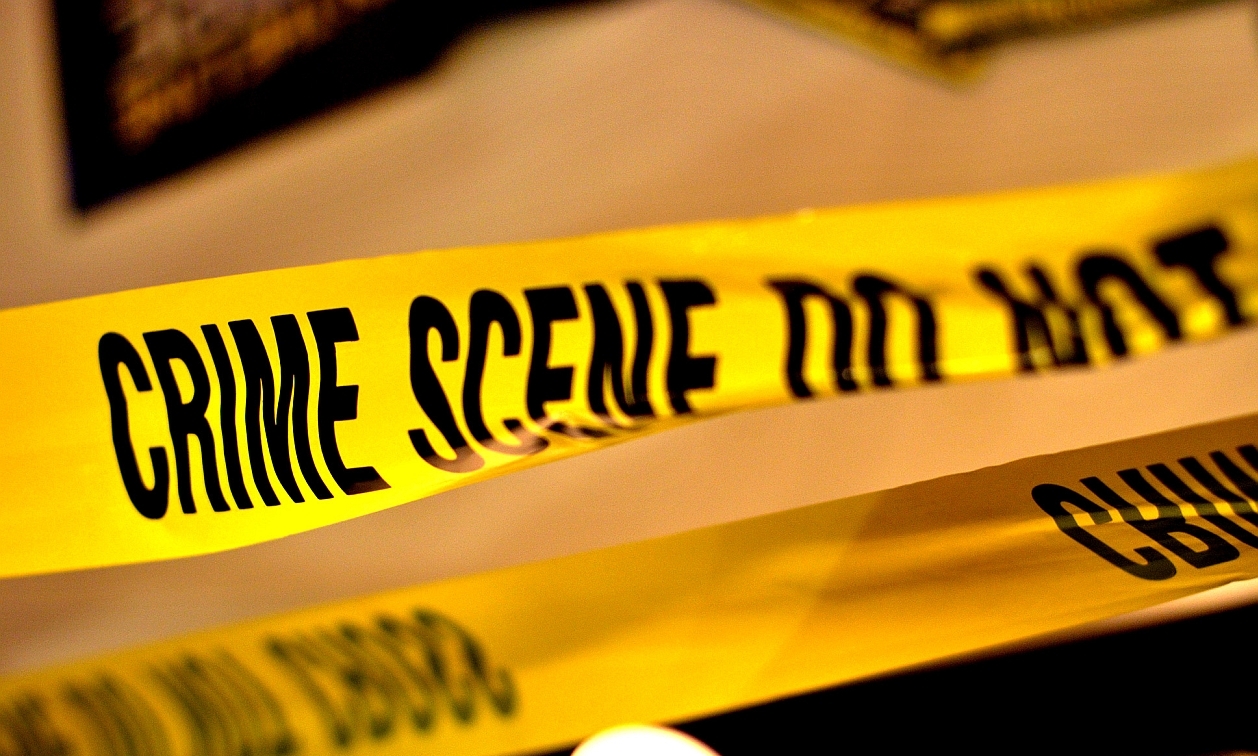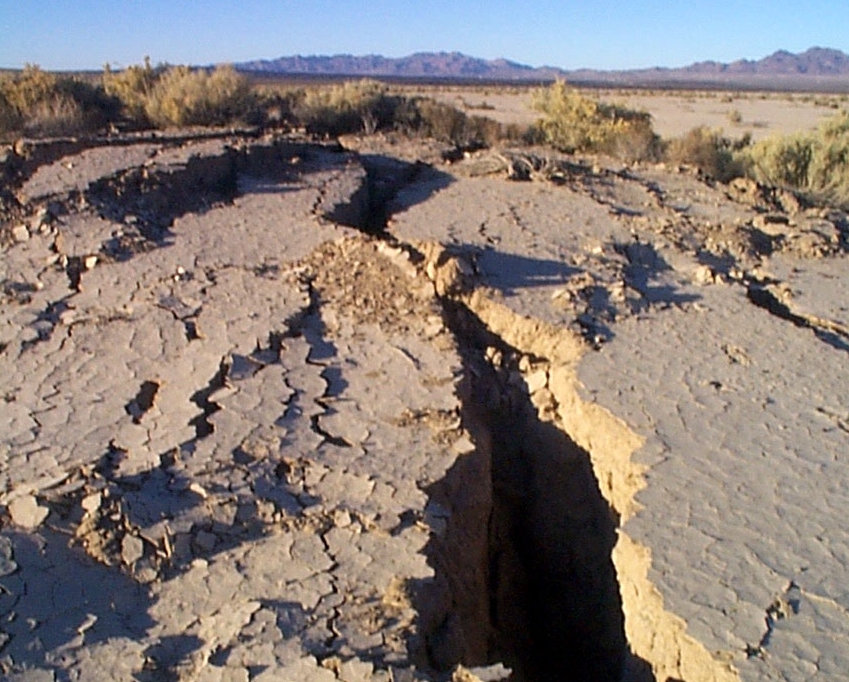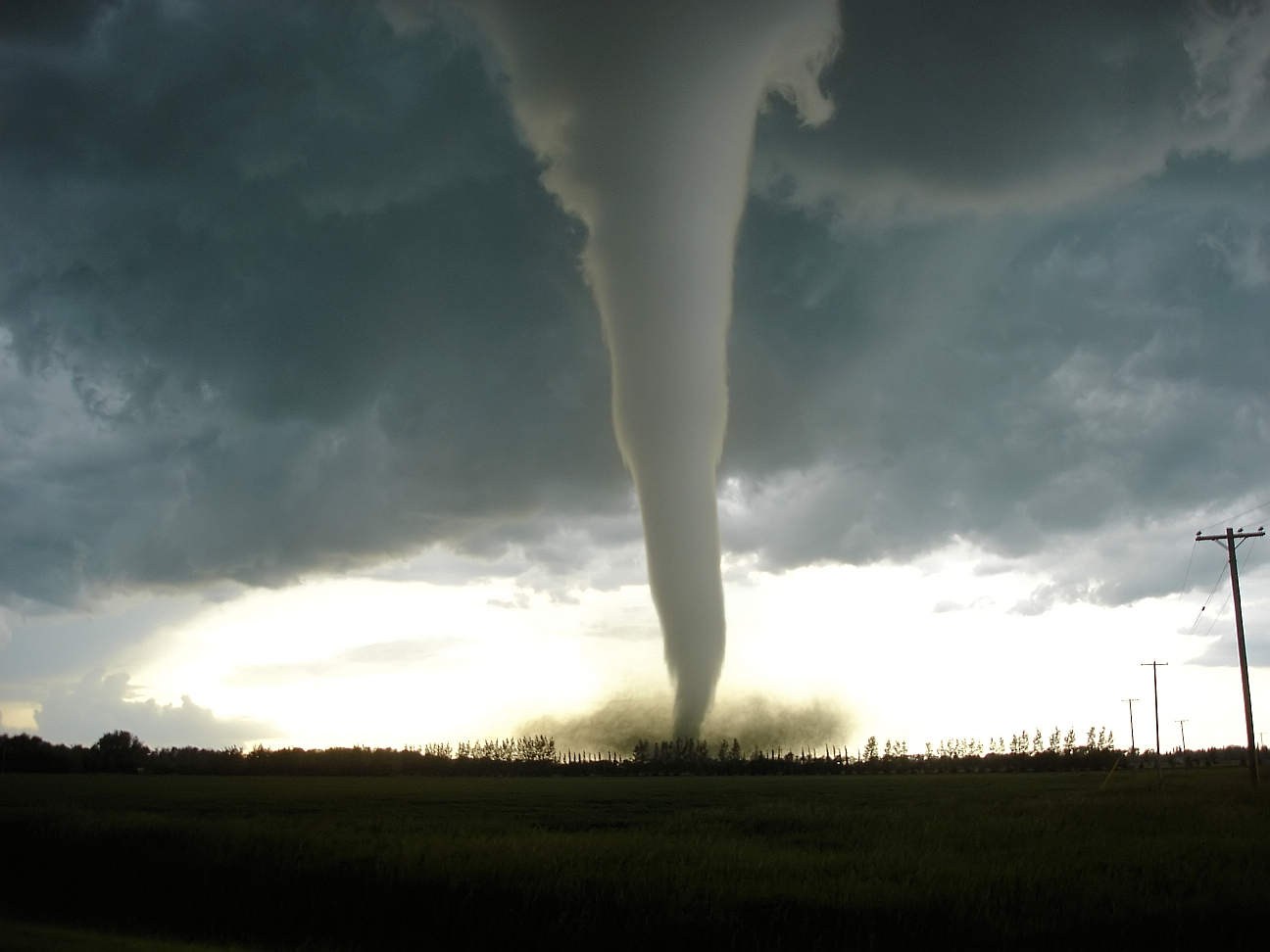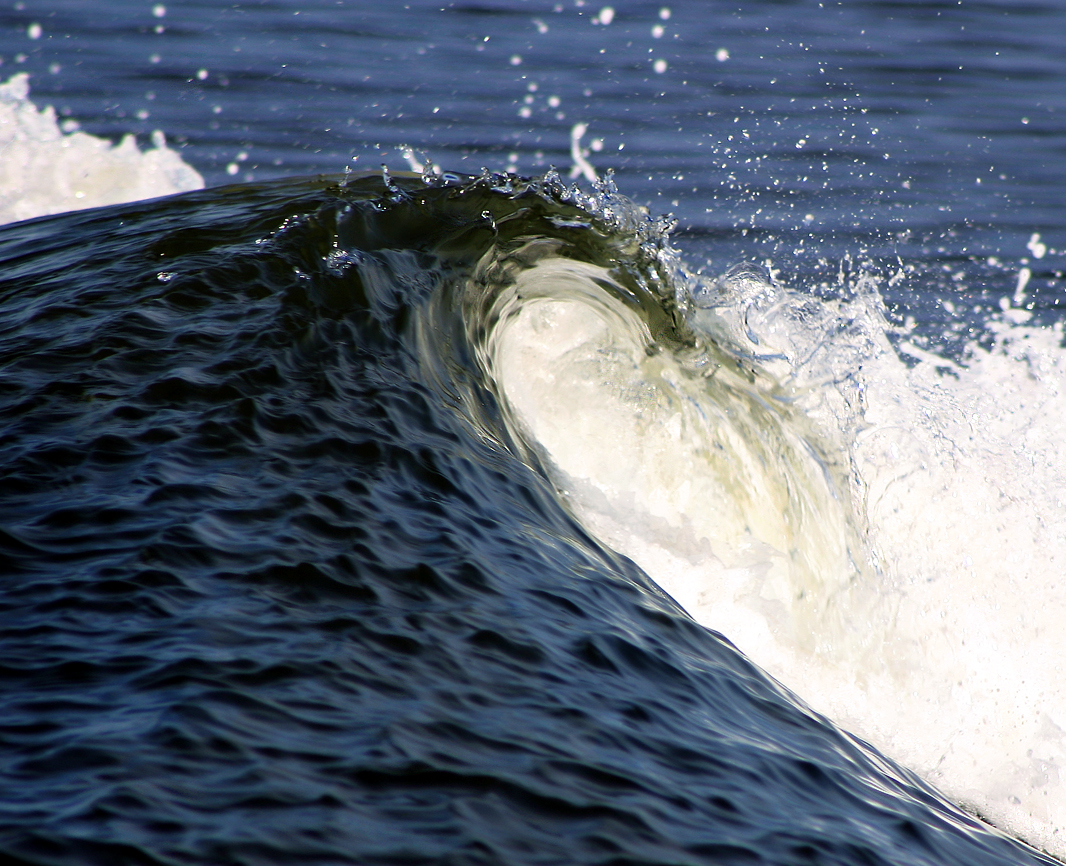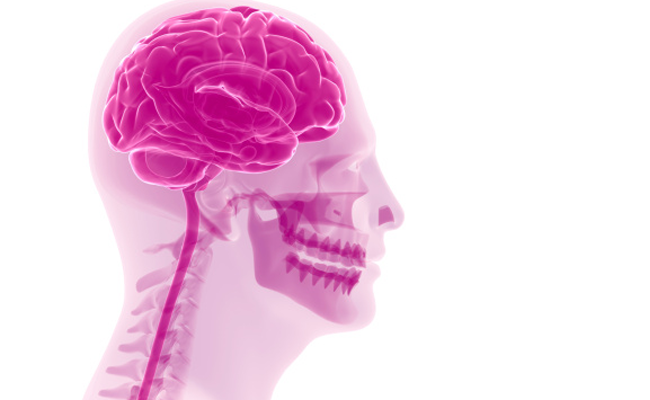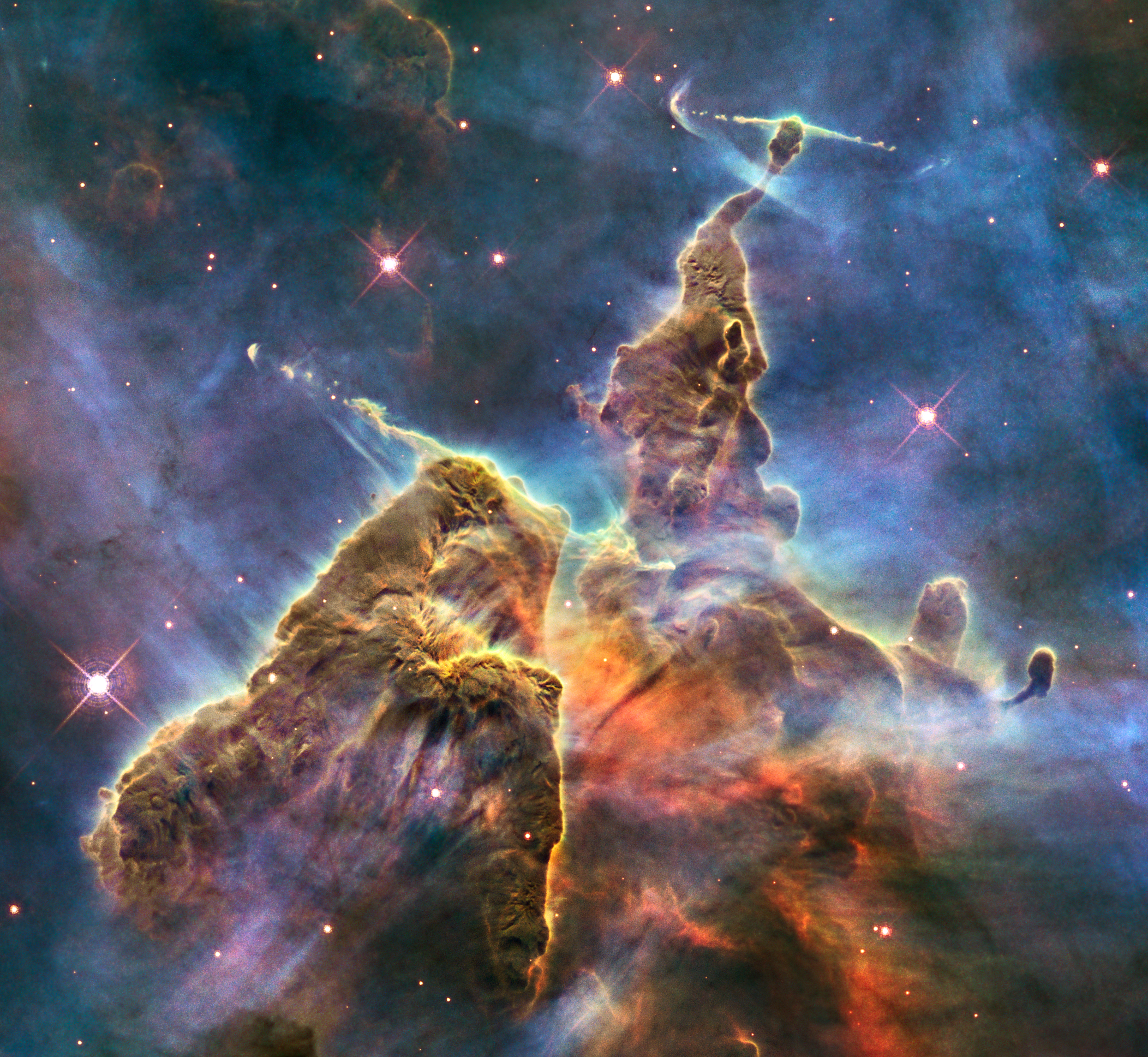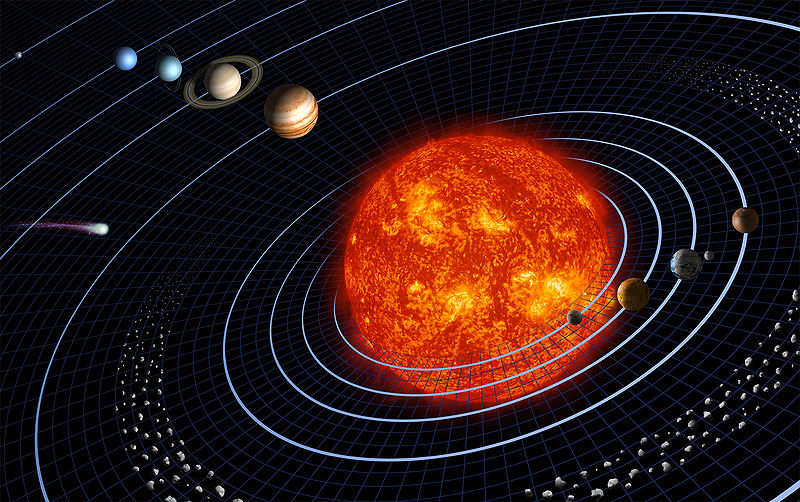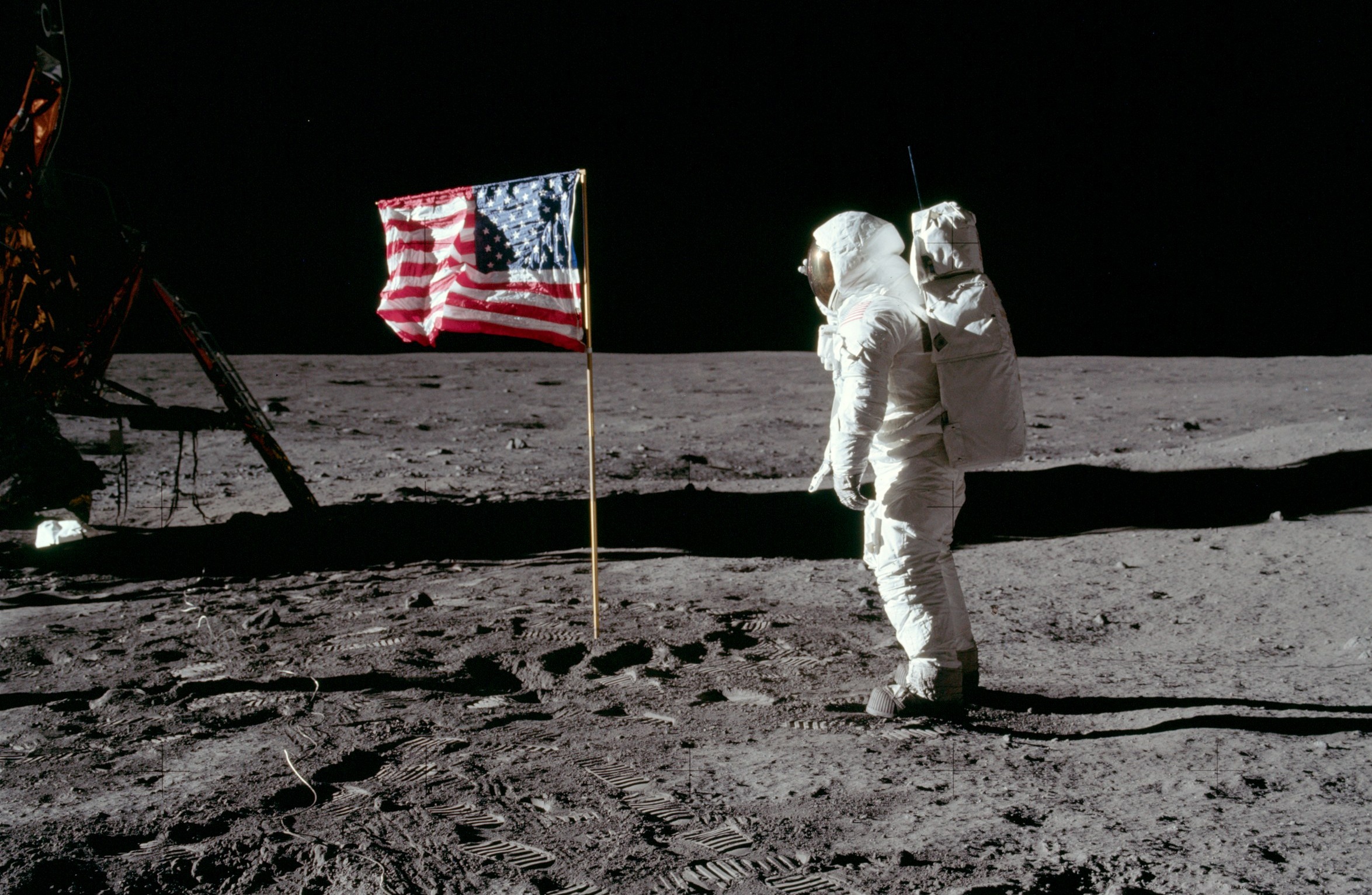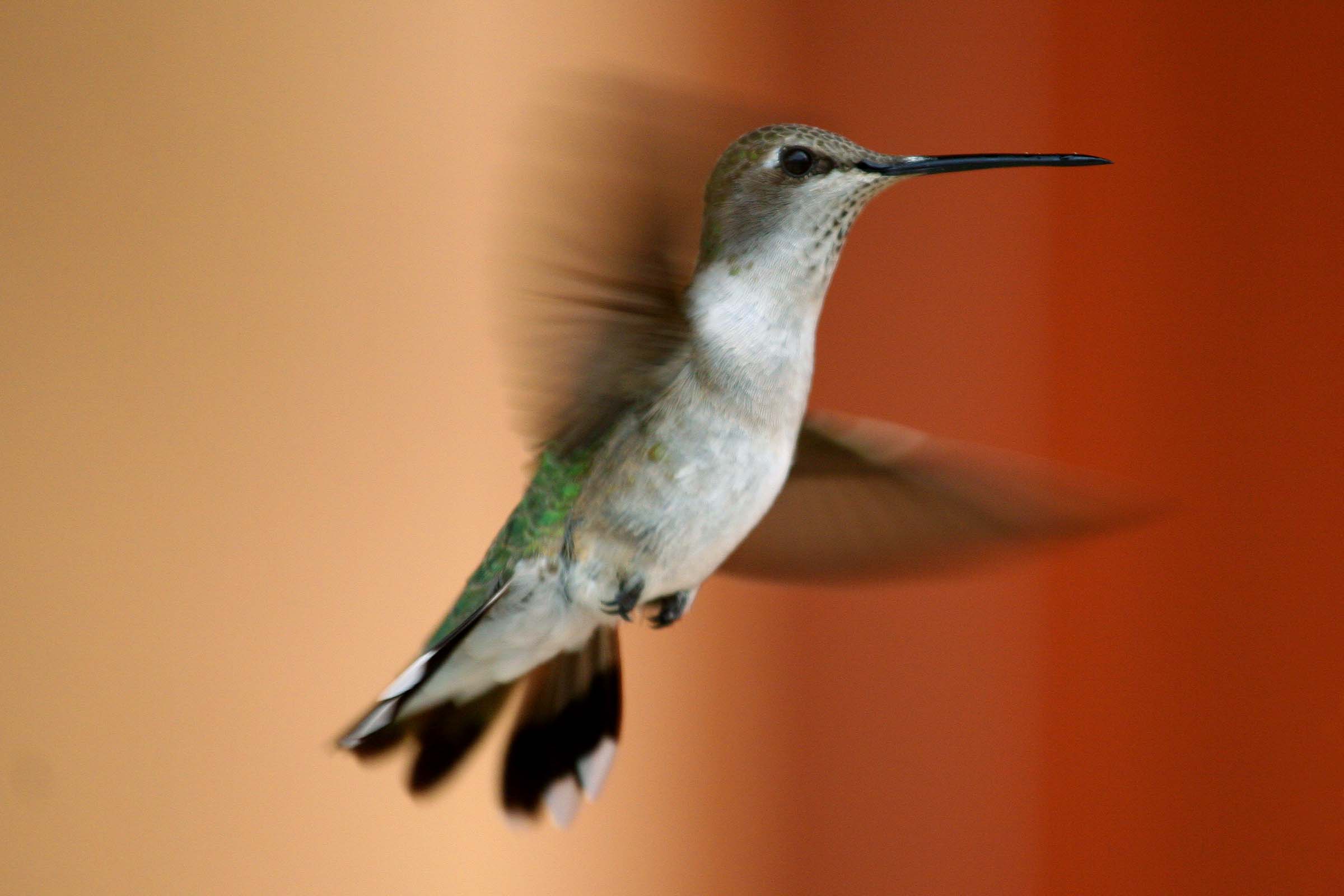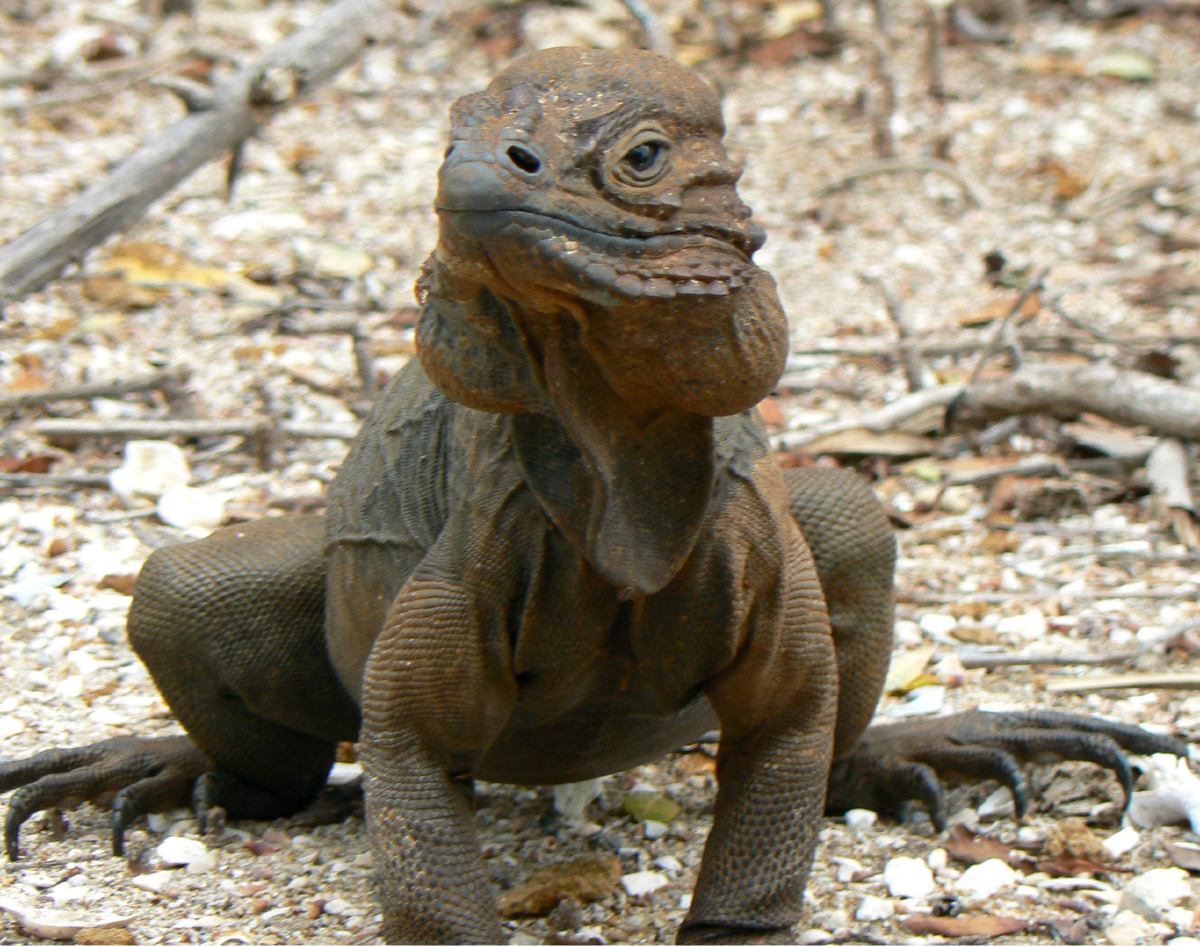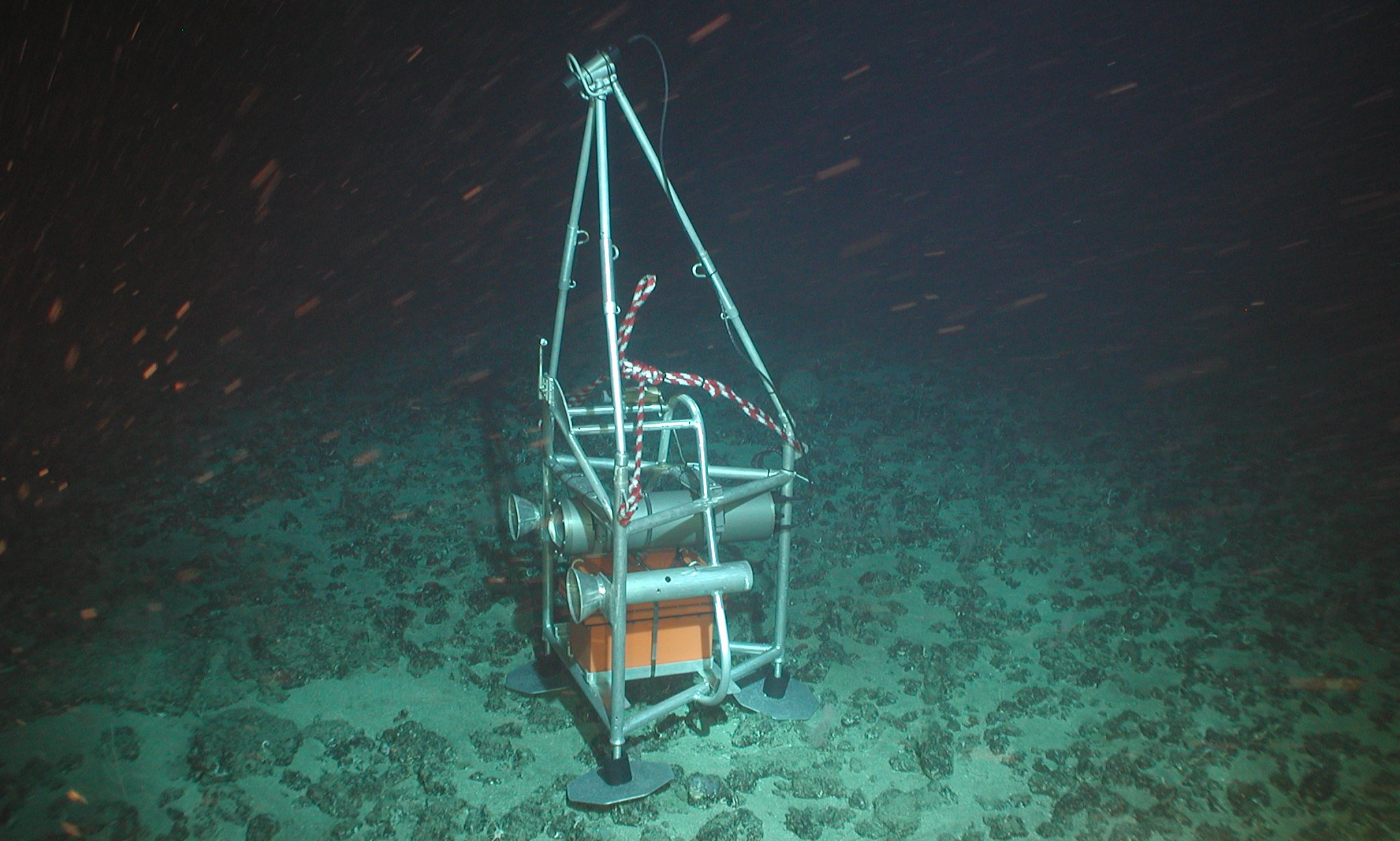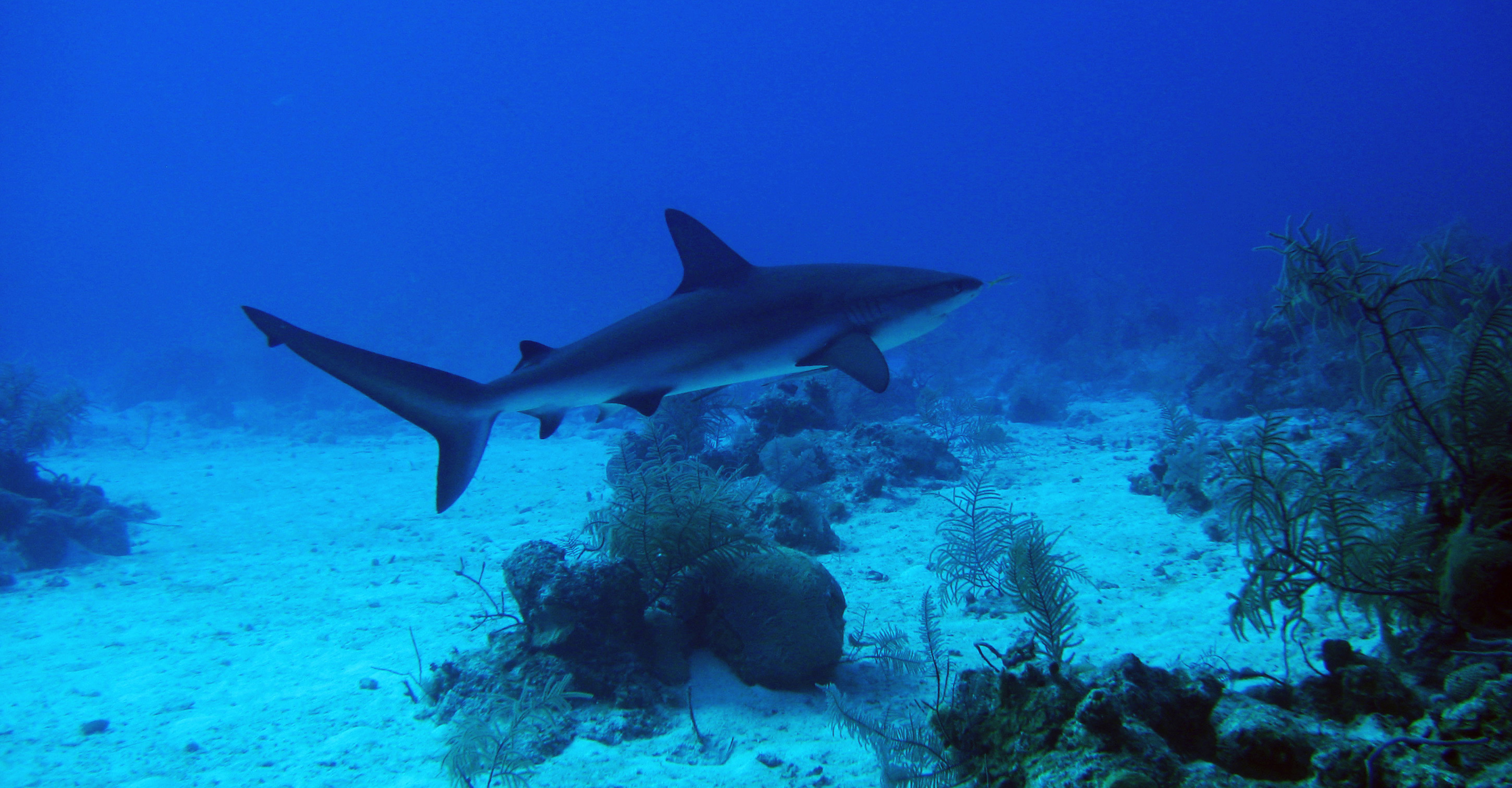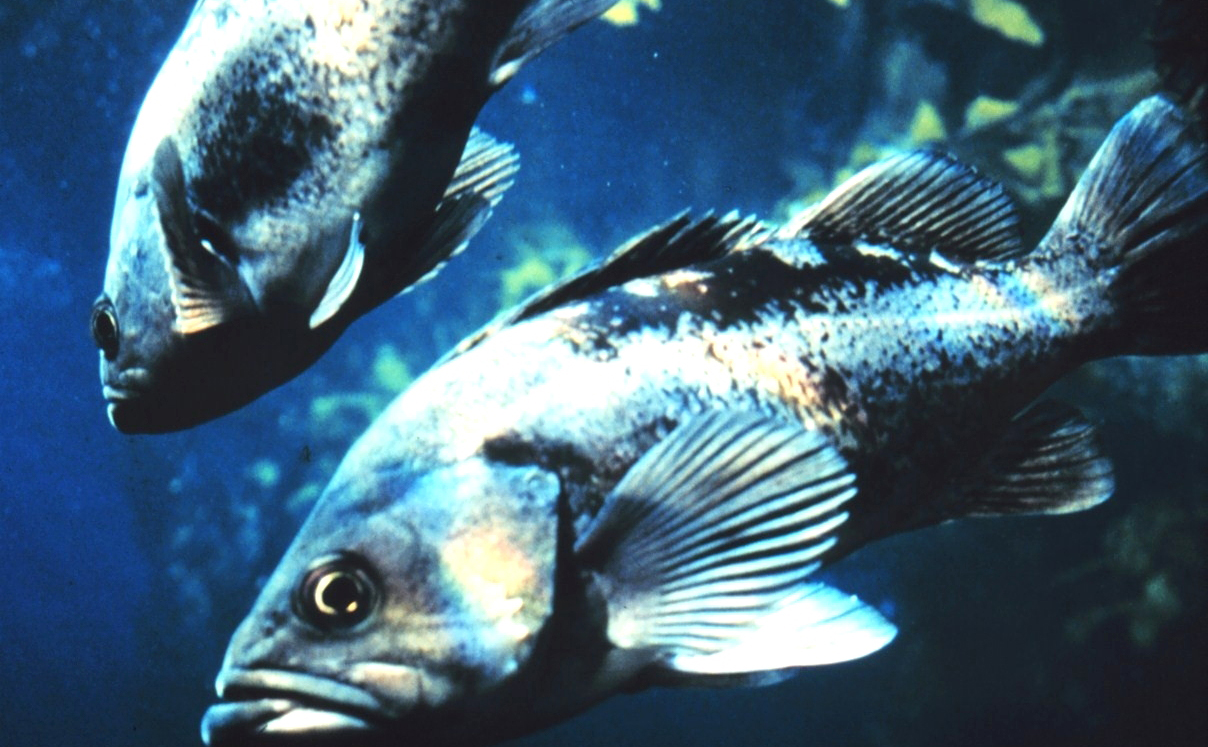Planets
20 Results
-
Sudekum Planetarium
Twinkle, twinkle little star, how I wonder what you are! Come to the Sudekum Planetarium to gaze upon the starry Nashville sky! Enjoy the really cool cosmic concerts and see if you can find extraterrestrial life out there in the universe!
-
Fiske Planetarium and Science Center
The Fiske Planetarium and Science Center is a great place to go to learn about space. The presentations, often given more than once a day, cover a wide variety of subjects, from the stories behind the constellations to kids in space. If you’re lucky, you might even get to meet an astronaut!
-
South Florida Museum
Students can learn about paleontology, archaeology, and astronomy at this museum. There's also an aquarium where you can feed, watch, and learn about manatees. There's plenty of things to do at the South Florida Museum, so come visit today!
-
Science Center of Pinellas
Visit the Planetarium, Observatory, and Marine Touch Tank at the Science Center. You can watch and be amazed by a planetarium show or look at the stars using a powerful telescope.
-
South Florida Science Museum
Need something to do on a radio? Take your kids to the South Florida Science Museum! This museum not only has exhibits on everything from radios to robots, it also has an aquarium and planetarium, so you're sure to have plenty to do!
-
Kennedy Space Center
Visit the Kennedy Space Center to learn all about NASA’s past, present, and future missions. At this NASA headquarters, you can attend a Star Trek show, touch a moon rock, relive the first landing on the moon from the viewpoint of mission control, and meet an astronaut. If you time your visit right, you might even get to see a rocket launch!
-
Lets Go to Mars!

In this online activity from NASA, your students can decide what they would bring on a mission to Mars, and see how they score.
-
Space Quiz

Have your child fill out this quiz and see how thier knowledge expands. Try this short activity today.
-
Asteroid Lutetia may have core of hot melted metal

What are asteroids made of? Did some of them almost become planets, but have something get in the way? In this article, your students can find out about Asteroid Lutetia, one of the a…
-
Too Weird to be Believed: A New Planet in the Solar System?
In this video students will can see what astronomers do when they find a new object orbiting the sun in the night sky.
-
Kepler - A Search for Habitable Planets
In this video, your sutdents can learn more about Kepler and NASA's search for other worlds.
-
RPI Students Robot Headed to Space
Learn about the robot that a student at Rensselaer Polytechnic Institute helped build that is headed to space. The work he did on the robot was crucial to making it work and now the r…
-
The Day All Life on Earth Almost Ended

What would happen if a bunch of asteroids hit the Earth? In this article, your students can read one scientist's theory about what might have almost happened in 1883!
-
Close Up, Mercury Is Looking Less Boring

How much do you really know about Mercury? Until recently, scientists didn't know a lot either, and thought the planet was, in a word, boring. Now, they are taking a closer look, an…
-
New Will.i.am Song Broadcast From Mars

In this article, your students can learn about the first ever planet-to-planet music broadcast
-
Could a planetary system survive if its star merged with another, or if its star went supernova?

In this article, you students can learn about what would happen if another star tried to join our galaxy.
-
How close does a supernova need to be to damage the Earths environment?

In this article, your students can find out what would happen if a nearby star when supernova.
-
Scientists Find a Water-Rich Planet Outside Our Solar System

Scientists have discovered a planet which most likely has a water filled atmosphere! Although scientists are not completely definite about the composition of the planet, this 40 light…
-
Extrasolar Planets

In this article, your students can learn about planets found in other solar systems than our own.
-
Planet Viewing

In this article, your students can learn about the best times to see the planets in the night sky.

